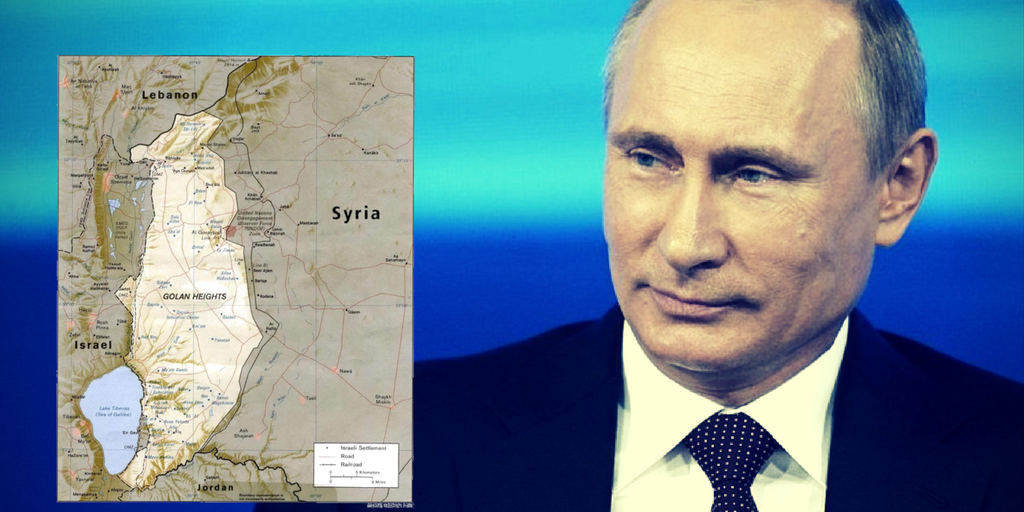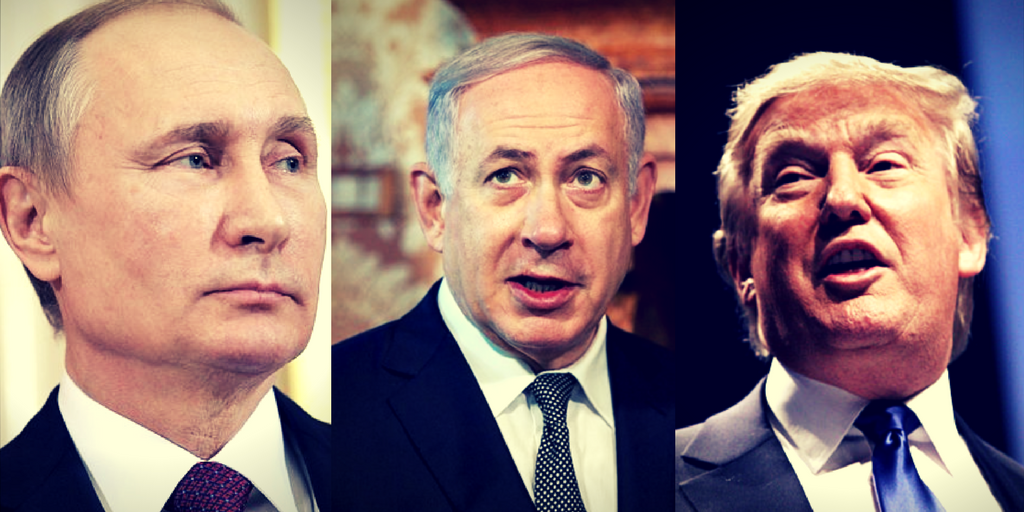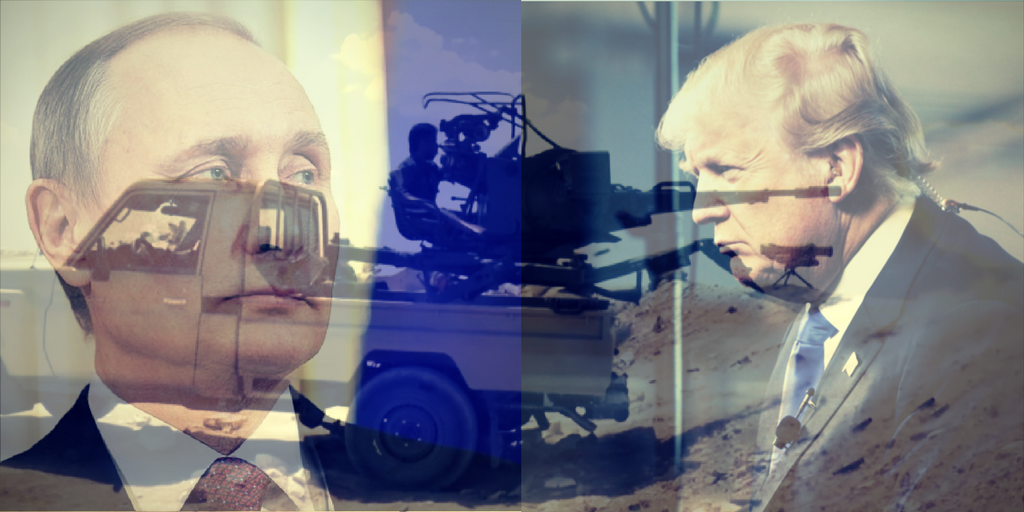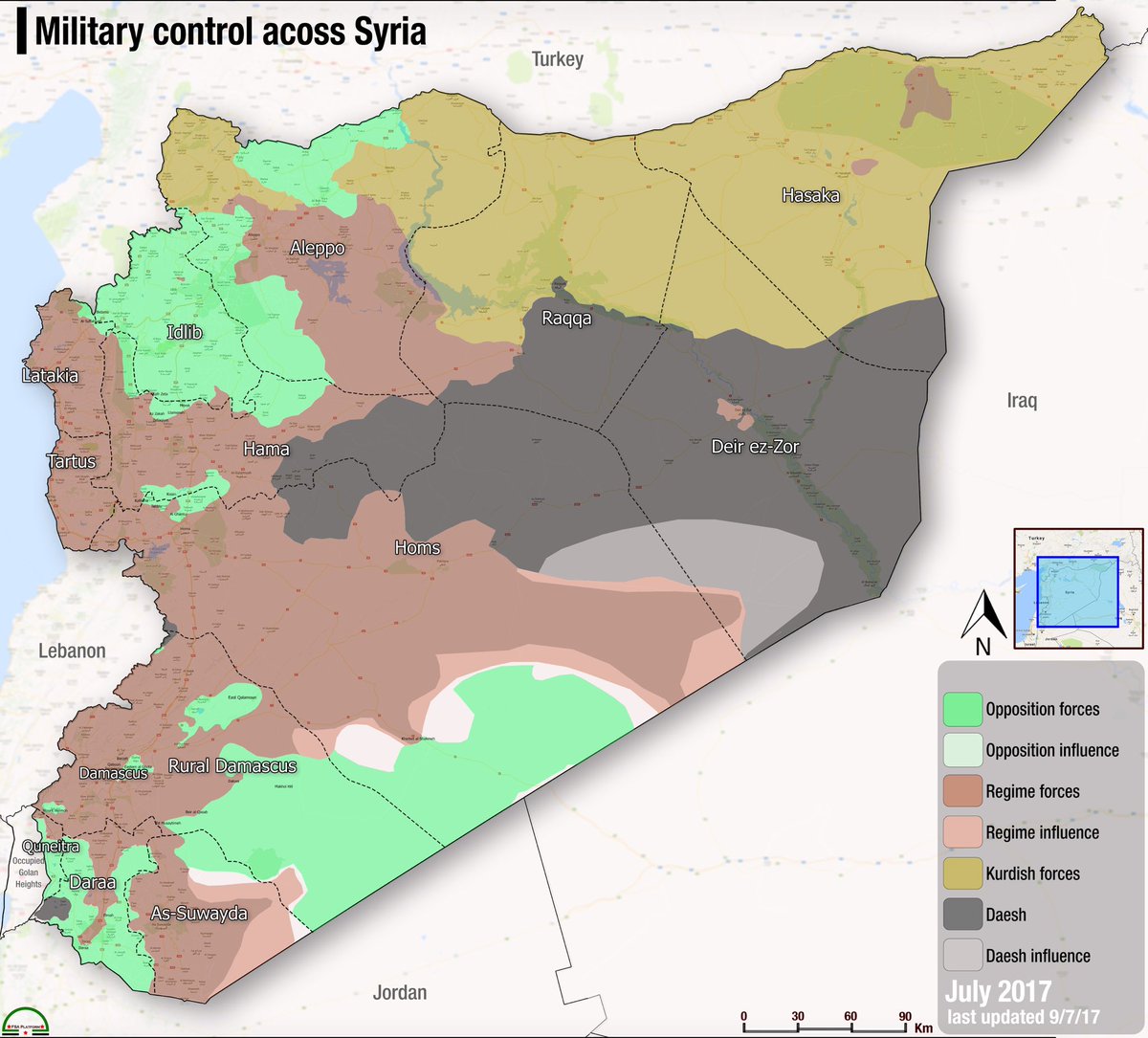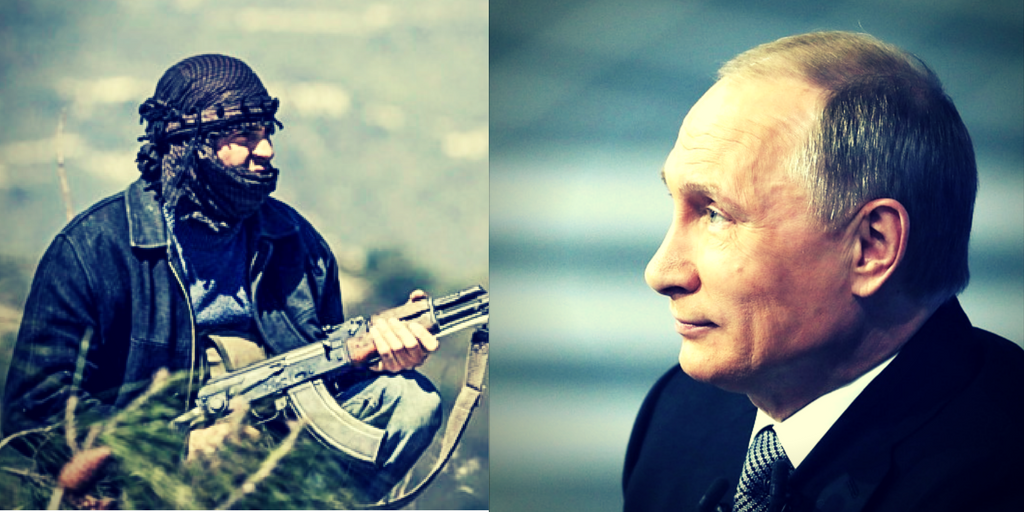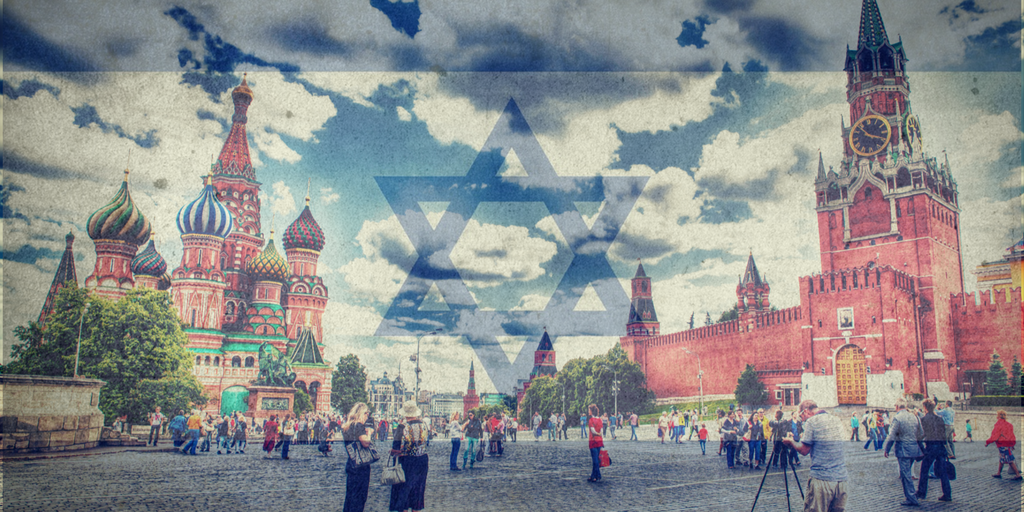With Russian forces moving into Quneitra as early as July 16th, the realization that Israel is being cornered by Iranian and Hezbollah contingents has now become apparent. Local Quneitra community councils welcomed the opportunity to force “militants associated with Zionist entity” to lay down their arms.
Russia is aware that the Netanyahu government is not happy about the ceasefire deal hammered out between Trump and Putin at the G-20 on July 7th.
Sergei Lavrov, Russia’s foreign minister had this to say:
“I can guarantee that we have done everything and the US side has done everything to ensure that Israel’s security interests within this framework are taken fully into account.”
There is more to this statement than just acknowledgment.
Former National Security Council head Yaakov Amidror said the following on Monday in relation to the Iranian presence so close to the Golan:
“Israel may need to take military action to prevent Iran or Hezbollah from setting up permanent bases in Syria.”
This is no accidental comment. Amidror is a close confidant of the Prime Minister and his comment was meant to send a message to the Russians.
The idea that Iran and Hezbollah is setting up permanent bases so close to Israel’s Golan Heights may appear to be a dangerous step for Israel. The Russian forces that have now entered the region have only complicated the situation. The peril for Israel cannot be overstated. However, Amidror’s comments contain a hint of possible solution to the menace forming on Israel’s border.
The Russian’s have at times allowed Israel to take out Hezbollah and Iranian arms transfers, with analysts observing that Russia itself tipped off the Israeli airforce to the location of the hidden arms and gave it fly by capabilities to destroy the targets. If Israel can convince Putin it is far better to let Israel defend itself by destroying Iranian and Hezbollah fighters on its border than making the IDF attack covertly, then a similar relation can develop even within the framework of the current ceasefire.
More than 18 months ago I wrote the following:
Many analysts believe that Russia, in the long-term, has no interest in allowing Iran to take over the Middle East. Russia views its relationship with Iran as a tactical necessity to prop up Assad and destroy Sunni radicals. After this task is done, the experts in this particular camp believe their paths will diverge.
If this is so, then logic lends itself to believe Putin wants relationships and long term strategic partnerships with countries that are not only stable, but also share similar security and economic outlooks with himself, and yet will not step in his way. Israel is one of these countries.
We are about to see if this theory holds weight. If Russia does not prevent Iran and Hezbollah from building up their forces on Israel’s border, then Russia either will have to allow the Israeli airforce to neutralize the growing threat or risk losing leverage over Israel.
Putin has spent much of the Syrian Civil War navigating a variety of local interests while cementing Russia’s control over the Northern Levant. The question remains: At what point does Putin jettison his relationship with Iran in favor of a more moderate and stable relationship with far more rational actors?
If Russia truly wants a stable Middle East then we may be about to see the beginning of a Russian-Iranian divergence.

